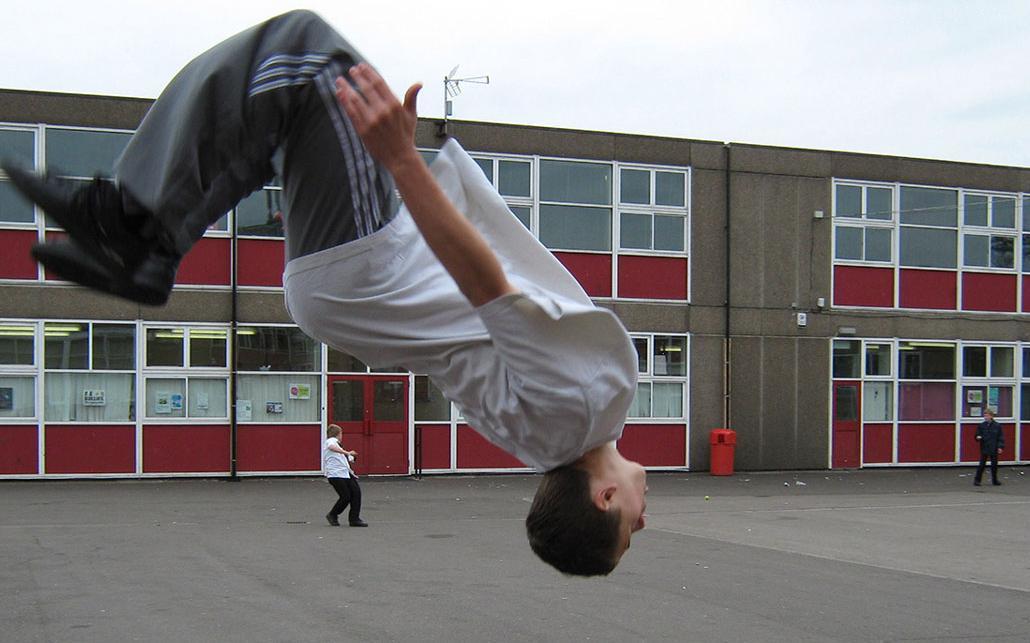
About Us
Reaching beyond traditional studies of physical culture, students and faculty have stepped into the vast field of embodied work. Embodiment includes a vast selection of practices, ranging from creative movement, sport, and meditation to cooking, nature walking, and art-making. We are proud to feature work from a variety of disciplines that share a belief in embodiment as significant in education for social justice and change.
Envisioning Embodiment
With an emphasis on interdisciplinary research and pedagogy, we utilize a sociocultural lens to examine how practices of embodiment can address current educational inequity issues. We view embodied work as inherently meaningful, tied to well-being and cultural connectedness, essential to how individuals construct themselves in society.
Our work examines how sociocultural, political, and economic forces have an impact on the body and an individual’s construction of self, and in turn how embodied practices can disrupt these forces to promote wellbeing. Invested in the resources available to and created by communities, our liberal approach to embodiment seeks to highlight the ways in which individuals work—alone and together—to make meaning of and with their physical existence.
Our Research
Our interdisciplinary research critically interrogates how individuals can—and do—use embodied practices to navigate their daily lives complicated by racism, sexism, ableism, and homo- and transphobia. Utilizing a variety of theoretical frameworks, we investigate various settings in order to develop embodiment practices that serve as pedagogical resistance, social change, drivers of well-being, and transformation.
Essential to our work is employing qualitative methodologies that position our interlocutors as active agents and experiential experts. These methods and approaches enable them to voice, express, and represent their experiences in meaningful, creative, and contextualized ways. Our visual research uses community-based arts centers, schools, and art galleries as sites of public and critical pedagogy for social change, showcasing participants’ visual representations of the significance of embodiment in their lives. We use art exhibitions as pedagogical spaces for expression to legitimate, recognize, and communicate how our interlocutors talk, feel, and represent their embodied experiences to the public, beyond the boundaries of academia.